International
-
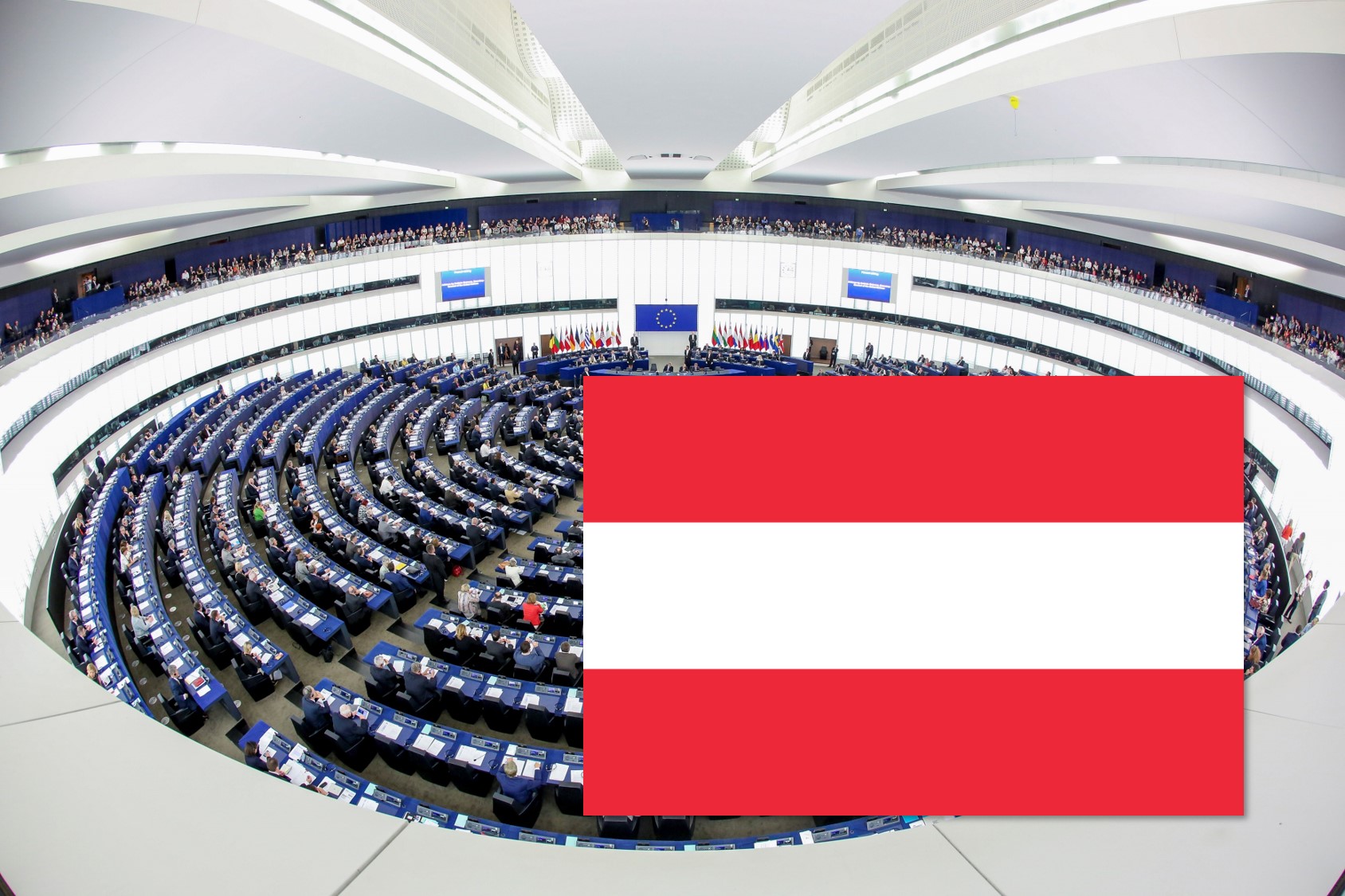
Austria: the 2019 European Parliament election overshadowed by Ibiza-gate
Introduction On May 17, 2019, the campaign for the European…
-
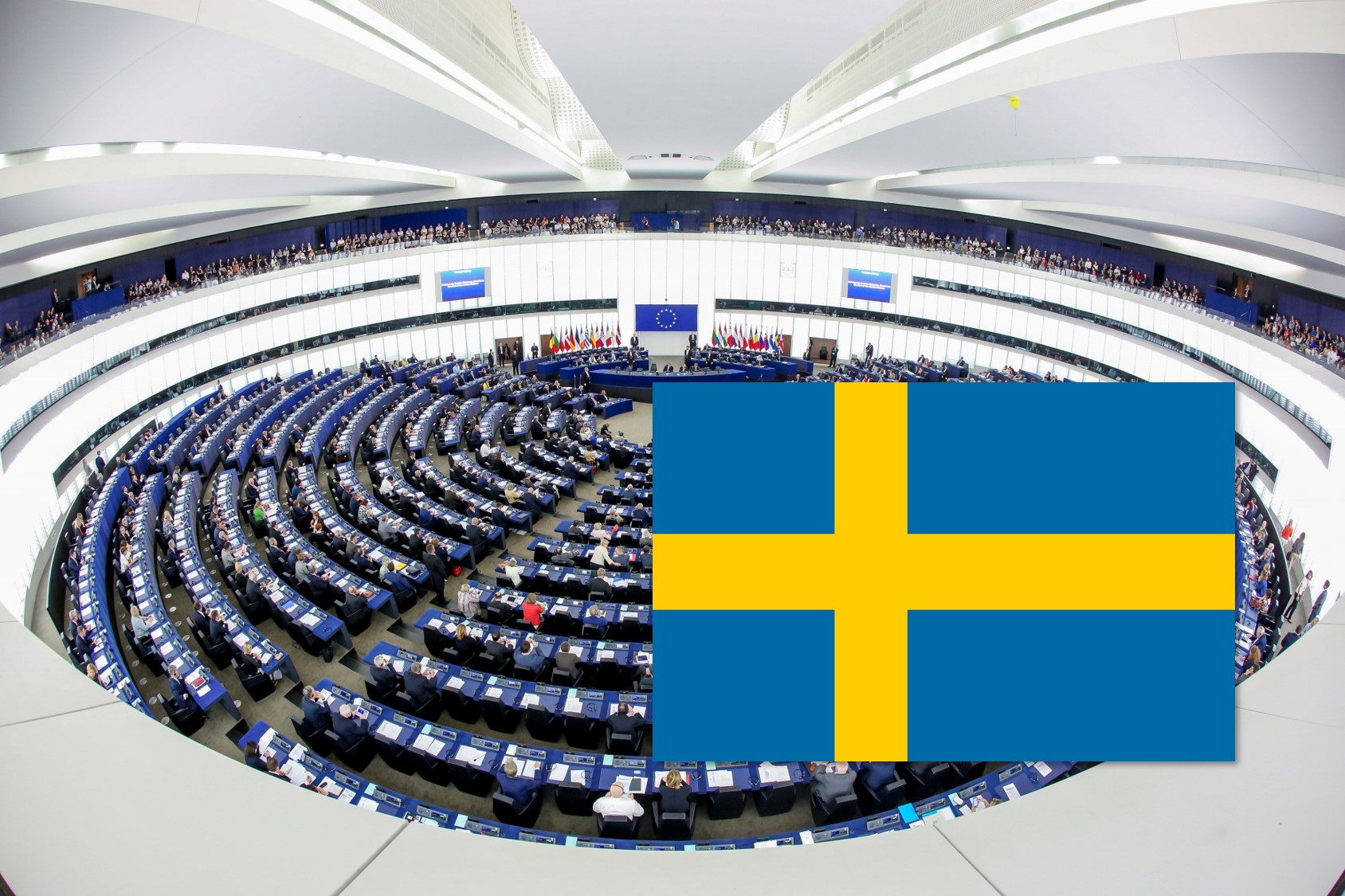
Sweden: We are all Winners
According to the spontaneous reactions from the parties’ wakes during the…
-

Germany: Second Order but still Ground-breaking?
Introduction Concurrent to regional-level elections in the state of Bremen and…
-

Finland: European Elections in the aftermath of national elections
Introduction The elections for the European Parliament in Finland took place…
-
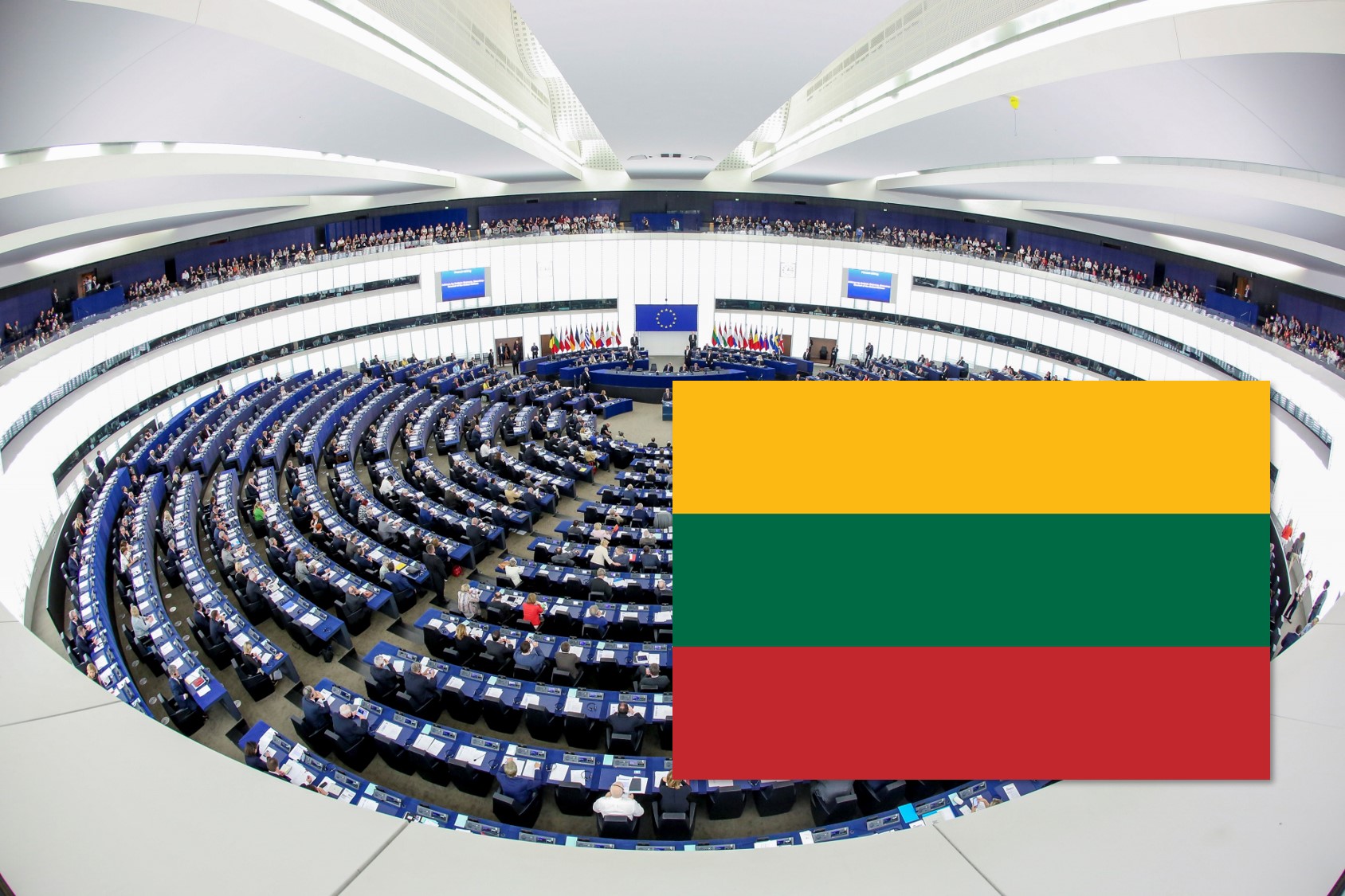
Lithuania: Defeat of Eurosceptic Parties in the Shadow of Presidential Campaign
European parliament (EP) election in Lithuania was overshadowed by the competitive…
-

United Kingdom: European Elections in the run-up to Brexit
The campaign for the 2019 European Parliamentary election in the United…
-
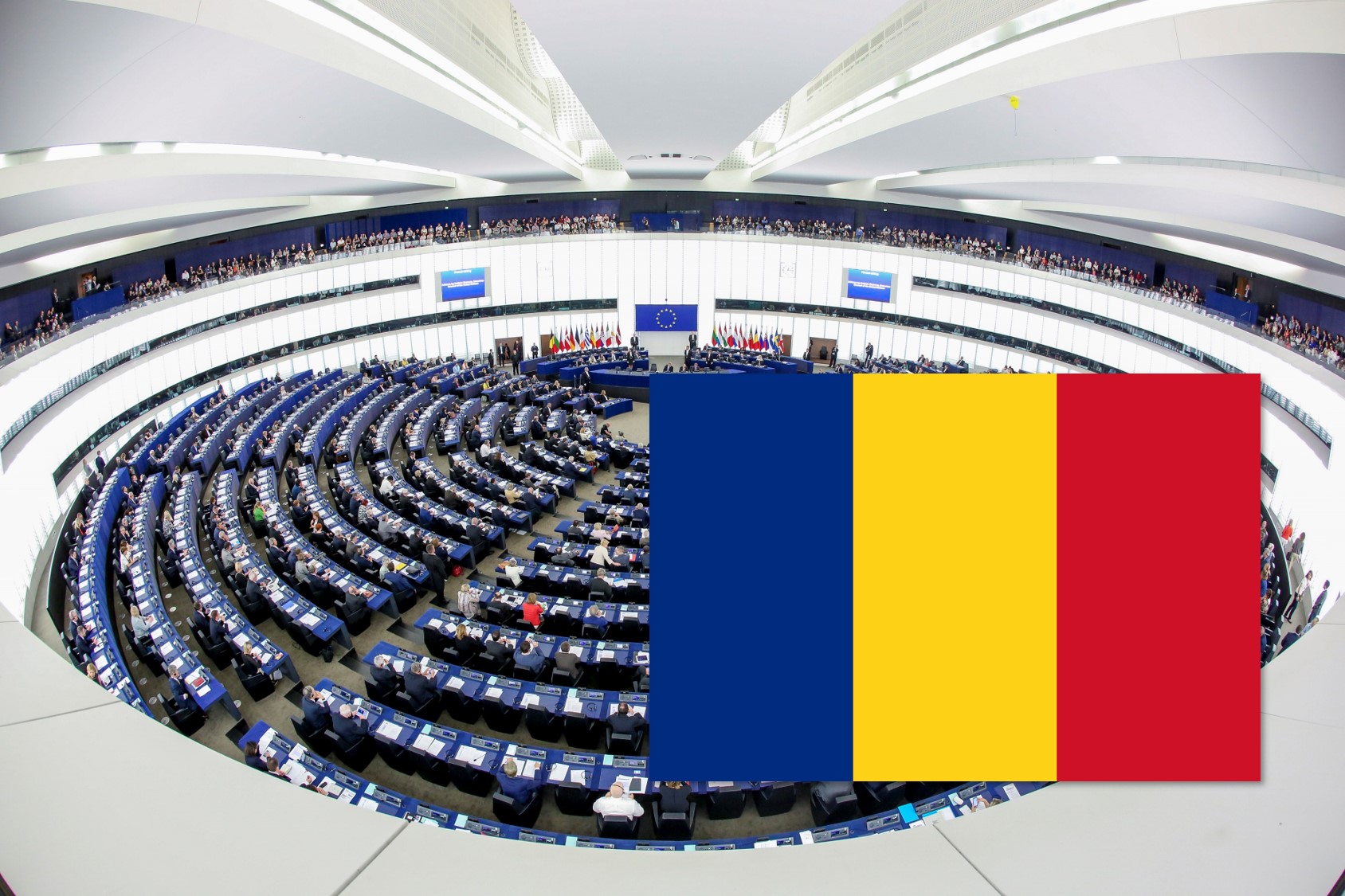
Romania: Between National Politics and European Hopes
Introduction Romania organized elections for the European Parliament (EP) for the…
-
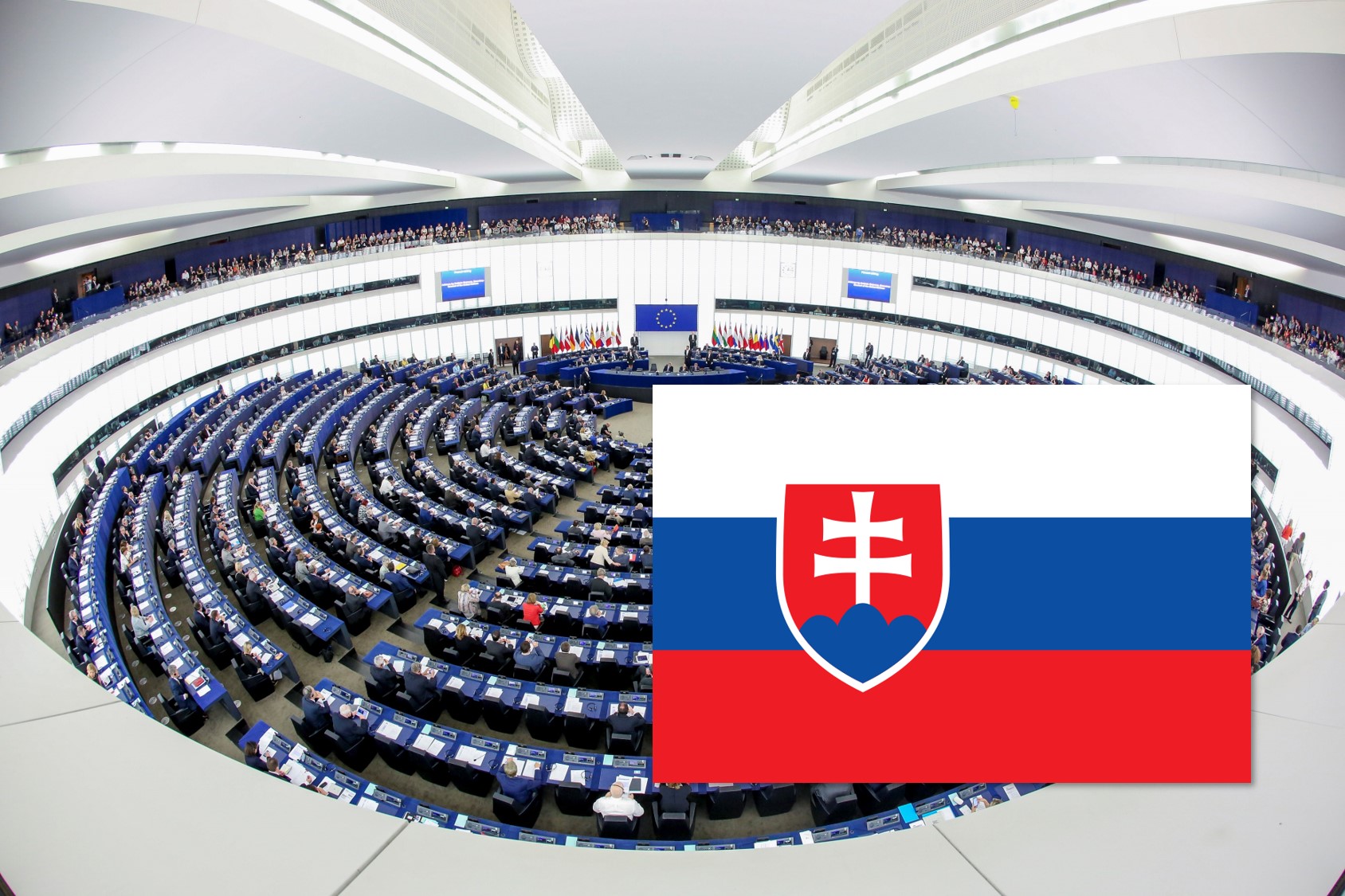
Slovakia: Continuation of Electoral Earthquakes
On May 25 European Parliament (EP) election was held in…
-
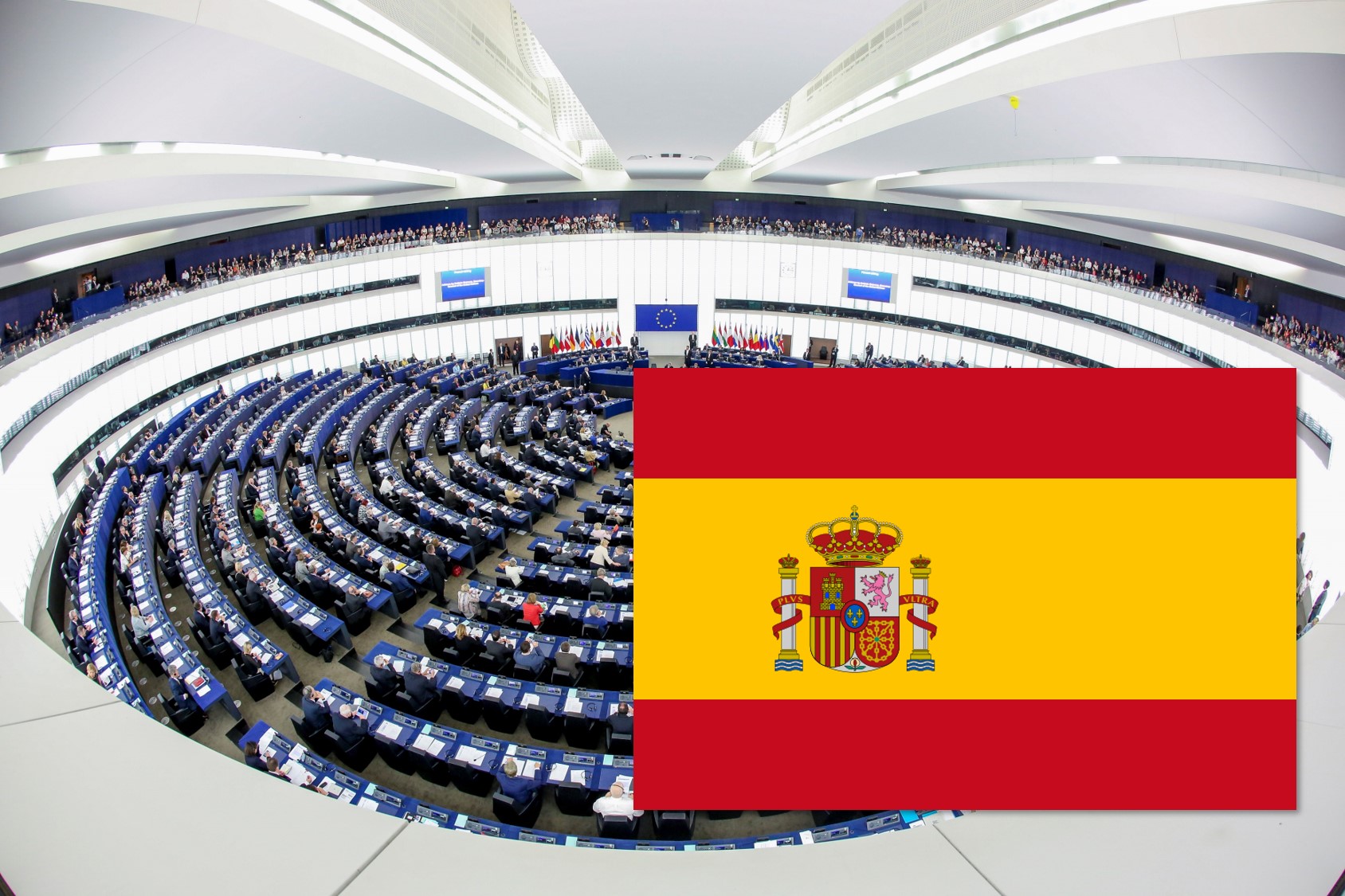
Spain: The endless election cycle
The eighth Spanish European Parliament Election (EPE) marked the end of…
-

Portugal: defeat for the right, challenges for the left
The context During the last five years, Portugal has been regarded…